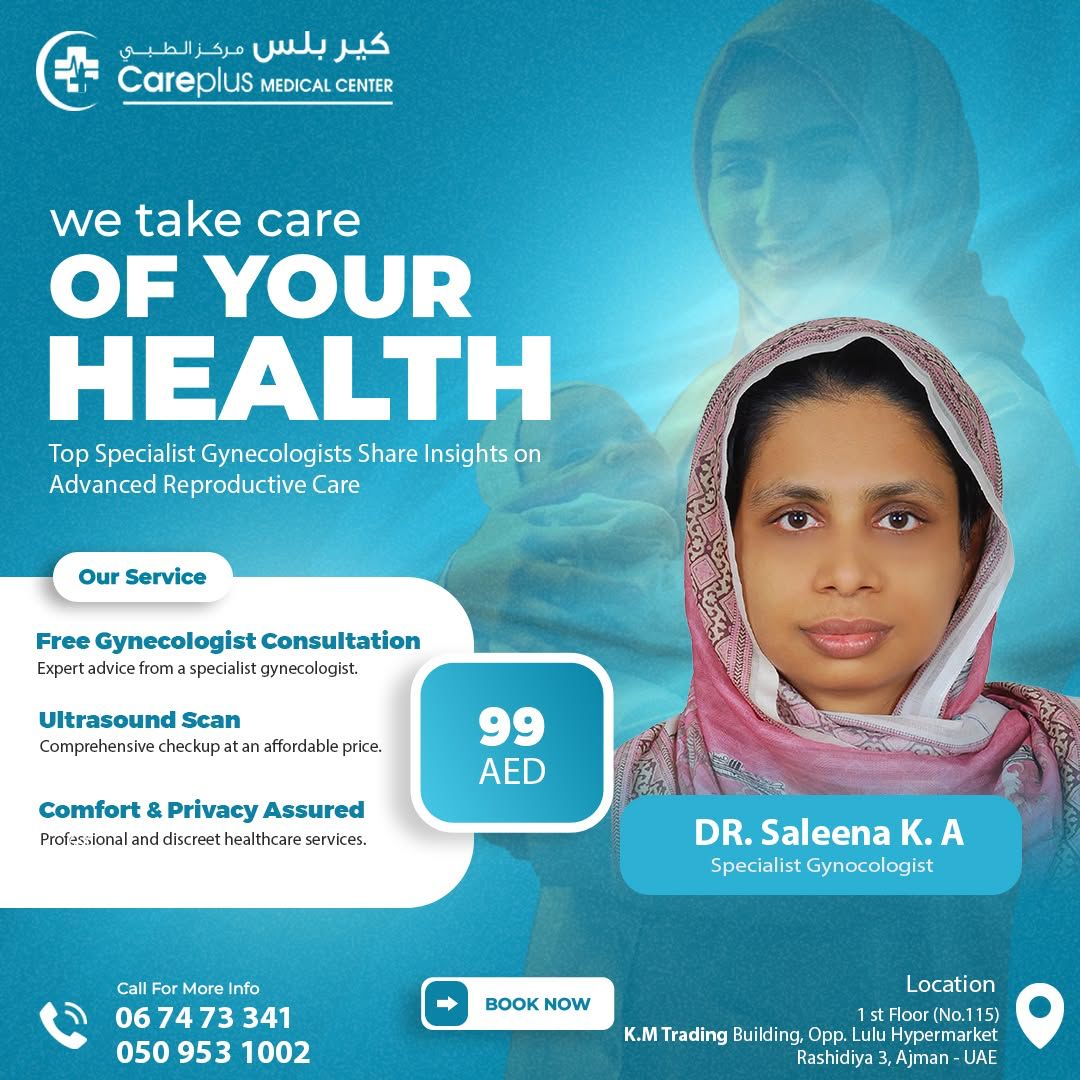PCOD (Polycystic Ovary Disease) and PCOS (Polycystic Ovary Syndrome) are common hormonal disorders that affect a significant number of women worldwide. While the terms are sometimes used interchangeably, they have distinct characteristics. Understanding these conditions is crucial for women to take control of their health and well-being. In this blog post, we will delve into the details of PCOD and PCOS, explore their symptoms, potential health risks, and discuss effective management strategies.
Understanding PCOD and PCOS:
-
PCOD is a condition characterized by the presence of multiple small cysts on the ovaries. These cysts occur due to hormonal imbalances that disrupt the normal ovulation process.
-
PCOS is a more complex endocrine disorder that involves hormonal imbalances, irregular periods, and metabolic dysfunction. Women with PCOS may also have polycystic ovaries, but this is not always the case.
Common Symptoms:
- Irregular or absent menstrual periods
- Heavy or prolonged bleeding
- Weight gain or difficulty losing weight
- Infertility or difficulty conceiving
If left unmanaged, PCOD and PCOS can increase the risk of developing several long-term health problems, such as:
-
Type 2 diabetes: Insulin resistance, a common feature of PCOS, can lead to high blood sugar levels and an increased risk of diabetes.
-
Cardiovascular disease: Women with PCOS have a higher risk of heart disease, high blood pressure, and high cholesterol levels.
-
Endometrial cancer: Irregular periods and hormonal imbalances can increase the risk of developing cancer of the uterine lining.
-
Sleep apnea: This sleep disorder, characterized by pauses in breathing during sleep, is more common in women with PCOS.
-
Mental health issues: Depression and anxiety are frequently associated with PCOD and PCOS due to hormonal fluctuations and the challenges of managing the condition.

Diagnosis:
A healthcare professional can diagnose PCOD or PCOS based on a combination of factors, including:
-
Medical history and physical examination
-
Blood tests to check hormone levels (e.g., androgens, insulin)
-
Ultrasound to examine the ovaries for cysts
PCOD and PCOS are complex hormonal disorders that require a comprehensive and individualized approach to management. By understanding these conditions, adopting healthy lifestyle habits, and working closely with a healthcare professional, women can effectively manage their symptoms, reduce their risk of long-term health problems, and improve their overall well-being.



